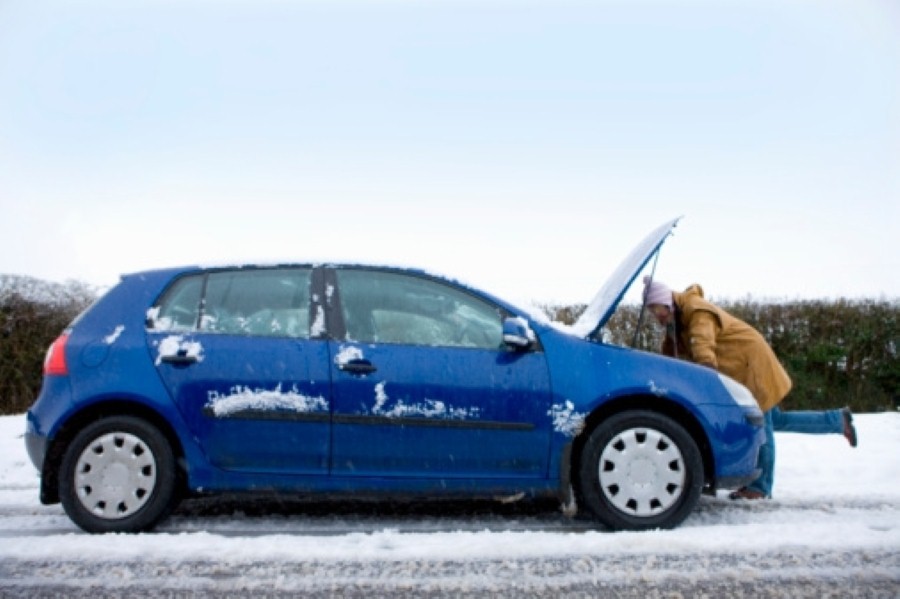The majority of drivers in the UK are not prepared for winter, according to a study from the Highways Agency.
Britain's drivers are not prepared for the chaotic weather that winter could bring, according to a new survey.
The Highway Agency's 2013-2014 Annual Road User Satisfaction Survey (ARUSS) discovered that almost two-thirds (63 per cent) of the UK's motorists do not check their anti-freeze, oil or water before setting off on a journey in the coldest months of the year.
It also revealed that nearly half of drivers (45 per cent) fail to carry out any winter checks on their car, leaving themselves vulnerable if they get caught in some bad weather.
According to the Highway Agency, it takes a full year to prepare the country's roads for winter, with 290,000 tonnes of salt, a fleet of more than 500 vehicles on standby, 90 depots and 240 weather stations all required to keep motorists, pedestrians and cyclists safe.
The organisation is now encouraging road users to spend a few minutes to make sure that they, and their vehicles, are fully prepared for severe weather events.
John Hayes, roads minister, commented: "Everyone needs to play their part. Just a couple of minutes of preparation, making important vehicles checks and giving yourself extra time to plan your journey before you set off, can ensure you and your fellow road users have a safe trip this winter."
The ARUSS asked over 1,000 respondents what checks they carry out before winter journeys. Two-fifths (41 per cent) said they made sure their lights were in working order and 42 per cent stored de-icer in the cars.
However, more than half (53 per cent) admitted to not carrying warm clothes in case of emergency and 64 per cent didn't carry drinking water. Only a third carried warm drinks, while just 32 per cent packed food and 37 per cent stowed a blanket away in their cars.
The results of the survey have driven the Highways Agency to encourage drivers to make an emergency kit for the cars, which should contain clothing, food, warm drinks, a road atlas, shovel, torch, ice-scraper and de-icer in case the vehicle breaks down in bad weather.
John McTaggart, head of on-road services for the organisation, advised: "You can’t have too much information before you set off: and the more you know, the more likely you are to enjoy a smoother journey this winter."
Posted by Perry Murray
